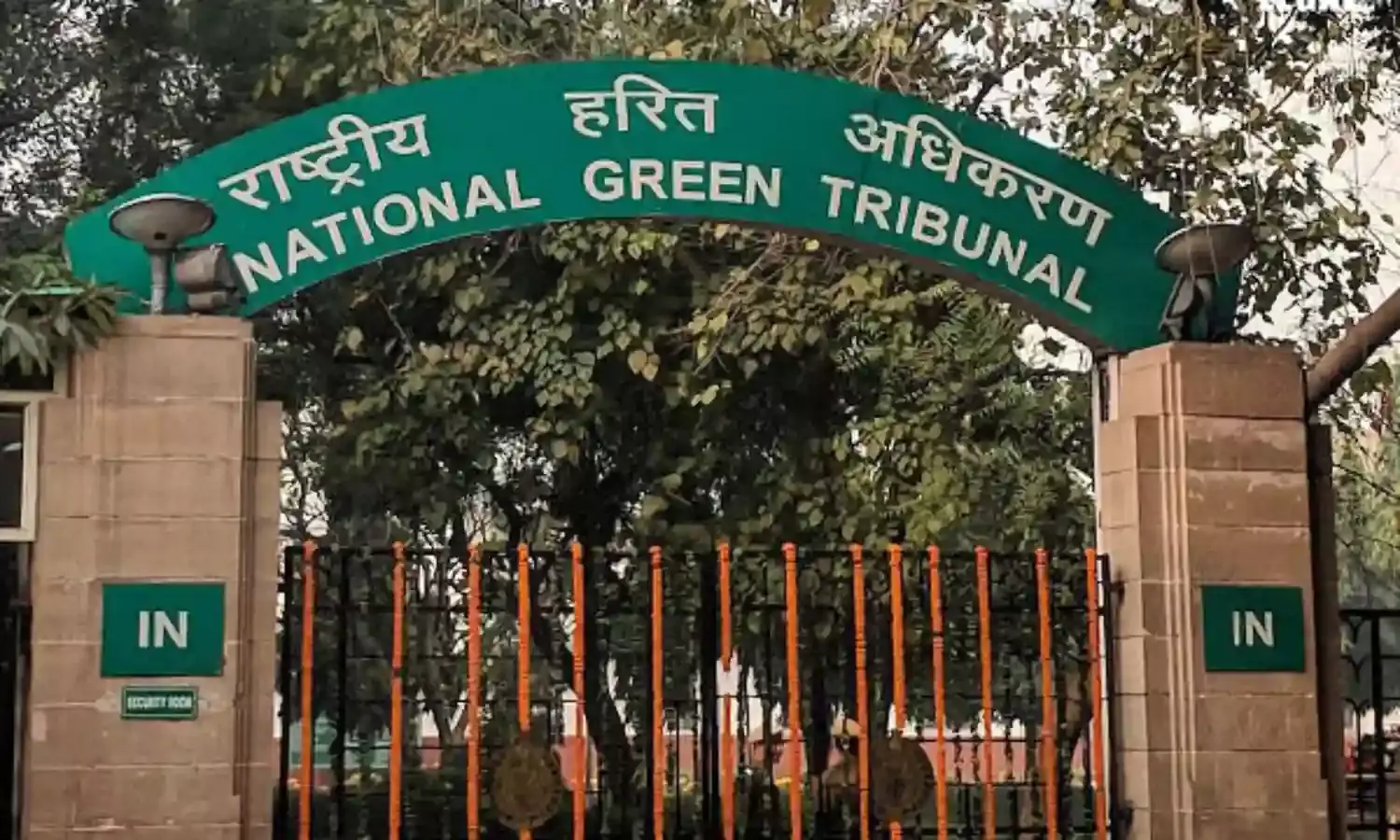Supreme Court Affirms NGT Award on Gas Leak Compensation & Leaves Question of Law Open: ‘Whether ESI Act Excludes NGT Jurisdiction?’
The Supreme Court has affirmed an order passed by the National Green Tribunal for relief and compensation for the victims;

Supreme Court Affirms NGT Award on Gas Leak Compensation & Leaves Question of Law Open: ‘Whether ESI Act Excludes NGT Jurisdiction?’
The Supreme Court has affirmed an order passed by the National Green Tribunal (NGT) for relief and compensation for the victims of a toxic gas leak which happened in Rourkela Steel Plant in 2021.
The division judges bench comprising of Justices S. Ravindra Bhatt and Aravind Kumar were adjudicating the appeal filed by the Rourkela Steel Plant. The Court was of the considered view that interference with the compensation award granted by NGT was unwarranted and directed the appellant to deposit the same within eight weeks.
Pertinently, the bench clarified that the question of law urged on behalf of the appellant was kept open. The question of law in the present case was- Whether NGT can exercise jurisdiction when the matter is covered under the Employees’ State Insurance Act, 1948 (ESI Act)?
The Court responded that the question of law requires consideration, however noting the circumstances of the case, the Court chose not to interfere with the compensation given and kept the question of law open for the future.
The brief background of the case is that on 6 January, 2021, there was a leakage of toxic gas CO (Carbon Monoxide) at the Coal Chemicals Department of the Rourkela Steel Plant (RSP). The workers of ‘Star Constructions’, a maintenance contractor firm, died due to the accident.
The Indian Express covered the story and NGT took suo moto cognizance of it. The question for consideration was relief and compensation to the victims.
The NGT had observed that the NGT Act overrides all other Acts as per Section 33. Even though such a provision exists in Section 53 of the ESI Act also, NGT Act, would cover the remedy and override earlier since it was enacted afterward.
The NGT held that Liability to pay compensation for an entity engaged in hazardous activity is absolute as per law laid down in M.C. Mehta, (1987).
Consequently, the NGT had fixed the compensation act 30 lakhs, 20 lakhs, and 15 lakhs for the deceased workers.
Aggrieved by the said decision, the appellants preferred an appeal before the Supreme Court.
In the present appeal, the appellant had relied on Section 17 of the National Green Tribunal Act, 2010 (NGT Act) along with Sections 53 and 61 of the ESI Act, 1948 to contend that the employees who receive benefits under the said Act are not entitled to receive similar benefits under any other Act.
Learned senior counsel for the appellant submitted that the compassionate appointments had been given to the relatives of the deceased earning wages up to 40,000 per month. Monthly compensation was also given to the family members for their upkeep.
He further submitted that Section 17 of the NGT Act, 2010 specifically excludes the applicability of the said section to ‘workman.’ The term ‘workman’ in turn is defined under Section 2(o) of the Act as having the same meaning assigned to it in the Workmen's Compensation Act, 1923. He flagged out that Workmen’s Compensation Act, 1923 pursuant to the amendment is known as the Employee's Compensation Act, 1923, and the term ‘workman’ has been substituted with ‘employee’ by the Workmen’s Compensation (Amendment) Act.
He contended that the workman, who unfortunately lost their life in the incident, satisfy the definition of ‘employee’ under the Employee’s Compensation Act 1923 under Section 2(dd)(iii) read with clause (ii) of Schedule II and as such the provisions of Section 17 of the NGT would not be applicable to the present case.
The Amicus sought to counter the submissions by contending that the combined effect of section 15 and section 33 of the NGT Act has to be seen where NGT can award compensation in these cases.
The Court observed, “There is some merit in the submission made by the appellant with respect to the jurisdiction of the tribunal which needs a closer examination. However, looking at peculiar circumstances, no further order needs to be passed.”
Accordingly, Court directed the amounts disbursed by the appellant shall be made over to the legal heirs, entitled by provisions of The Employees’ State Insurance Act to payments and disposed of the appeal.

